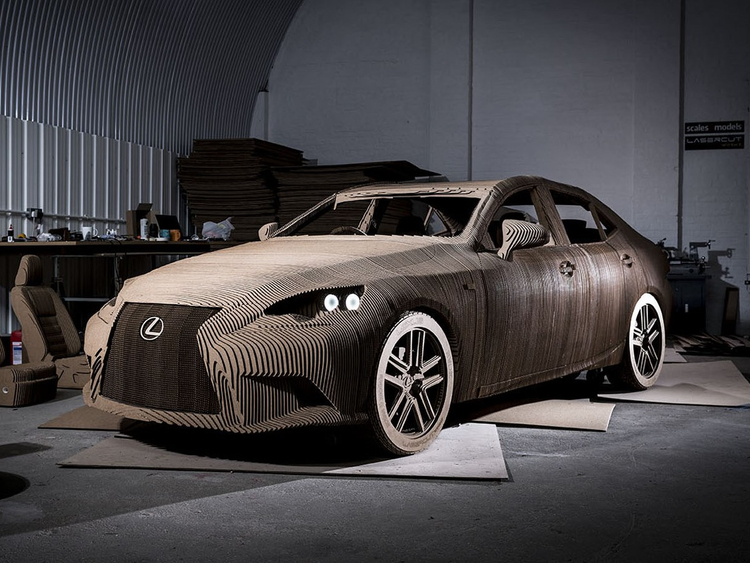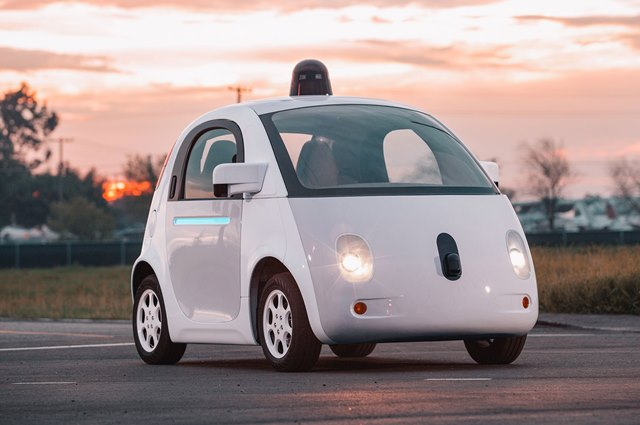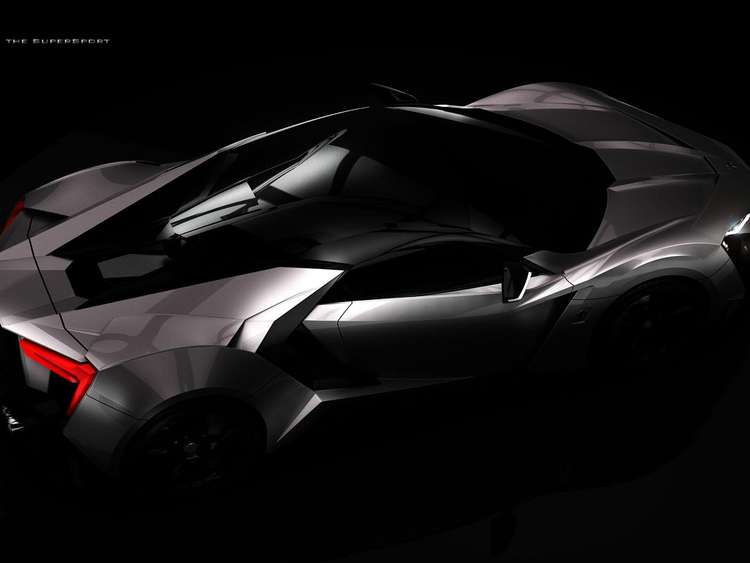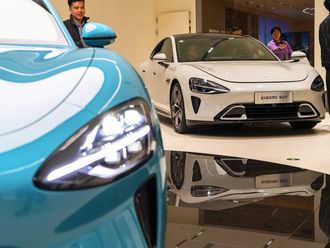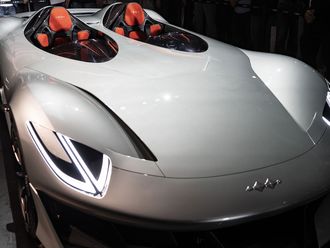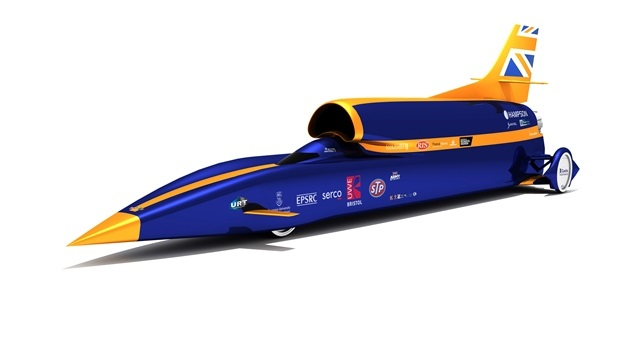
STILL SMOKIN'
The cloud of black smoke around Volkswagen doesn’t look like it’s going to dissipate any time soon. The German automaker has cheated on more tests than previously thought. Last week, VW admitted carbon dioxide and fuel consumption were also “set too low during the CO2 certification process”. The news came as the US’ Environmental Protection Agency, which blew the first whistle, expanded its claims to group company Porsche — an allegation VW has denied. Another group marque, Bentley, recently said it would recall 27,640 cars due to a faulty battery cable. Lamborghini is being investigated in Italy. Some analysts estimate could cost the group as much as €35 billion (about Dh129 billion) to cover vehicle refits, regulatory fines and lawsuits. Where does it end? Should you buy any of the 2016 models? You’re not the only one thinking they should hurry up and come clean so we can all motor gaily forward.
But there’s a silver lining in the cloud, which UN climate change chief Christiana Figueres has noted: she’s “delighted” that VW has committed to speed up manufacturing of electric and hybrid cars, helping the shift away from fossil fuels.
PAPER TIGER
We’re still awed by Lexus’ origami cardboard car. A working life-size replica of the IS sedan built entirely out of 1,700 fully recyclable cardboard sheets was on show in the UK last month. It runs on an electric motor mounted on its steel and aluminium frame, which reduces the chance of it burning up, but the Japanese carmaker didn’t say if it was rainproof. Sounds perfect for this climate…
ACCIDENT ALERT
Dubai Police are getting smarter. The authority’s Apple Watch app allows users to view their traffic fines, and they can pay these fines through their watch. The apps will also display accident scenes, so motorists can take an alternative route to avoid traffic, Colonel Khaled Al Razooqi, Director of the Smart Services Department said. However, knowing the city’s penchant for rubbernecking, the feature will probably contribute to more traffic.
1,600KPH!
Speed freaks, rejoice. A car capable of achieving supersonic speeds will begin tests in South Africa next month after eight years in the works. Engineers behind the British-built Bloodhound SSC hope it will break the current land-speed record of 763mph (1,227kph) in 2017, achieving a top speed of 1,000mph, thanks to three power systems: a Rolls-Royce EJ200 jet, several Nammo hybrid rockets and a 550bhp Jaguar V8 engine, which together generate thrust equivalent to 180 Formula One cars. How long before we see one of these on Sheikh Zayed Road?
FENYR FEVER
Dubai-based W Motors will roll out its new car, the Fenyr SuperSport, at the show today. The 1,000bhp machine will be more powerful than the Hypersport, though it won’t have the fancy diamond-encrusted headlights, said CEO Ralph Debbas (on Carbuzz.com). A carbon fibre body will house a Porsche-derived 3.7-litre twin-turbo flat-six engine developed by RUF. Only 25 models will be made, sold for $1 million (Dh3.67 million) each.
SELF-DRIVING KILLERS
Going by this month’s Tokyo Motor Show, the future’s green and it’s entertaining. It seems we’ll soon be travelling in self-driving cars that entertain with online movies and social media. In Tokyo, a concept electric vehicle from Nissan came loaded with laser scanners, a 360-degree camera setup, a radar and computer chips that allow the car to “think” while delivering autonomous driving. The Japanese automaker called it an “intelligent driving system”, or IDS, and said it will offer some autonomous driving features by the end of next year in Japan. By 2018, it said vehicles with the technology will be able to conduct lane changes on highways. By 2020, such cars will be able to navigate intersections on regular urban roads. Other automakers, including General Motors, BMW, Mercedes-Benz, Toyota and Tesla are working on self-driving technology, as are companies outside the industry, such as Google and Uber.
Cars can already connect to the internet. Automakers envision a future in which cars would work much like smartphones do today, with passengers reading emails, watching movies or on social media and leaving the driving to the car.
Regardless of how zanily futuristic such machines might feel, that era is inevitable simply because artificial intelligence is far better at avoiding accidents than human drivers, says IHS analyst Egil Juliussen. Technology will offer mobility to people who can’t drive or don’t have cars, and reduce pollution and global warming, he says — except it won’t happen until the 2030s.
On the other hand, infrastructure will change to accommodate these new wonders. Eric Horvitz, the managing director of Microsoft Research, expects self-driving cars will be confined to special hyperlanes that will be closed to manual traffic.
But the questions exciting most commentators on the issue is whether or not cars should be allowed to kill their passengers to save (perhaps a greater number of) pedestrians. Seeing as how nobody’s been able to satisfactorily weigh in on the ethics of killing baby Hitler, we aren’t wading in either.
After all, isn’t the road to hell paved with good intentions?
— With input from agencies


